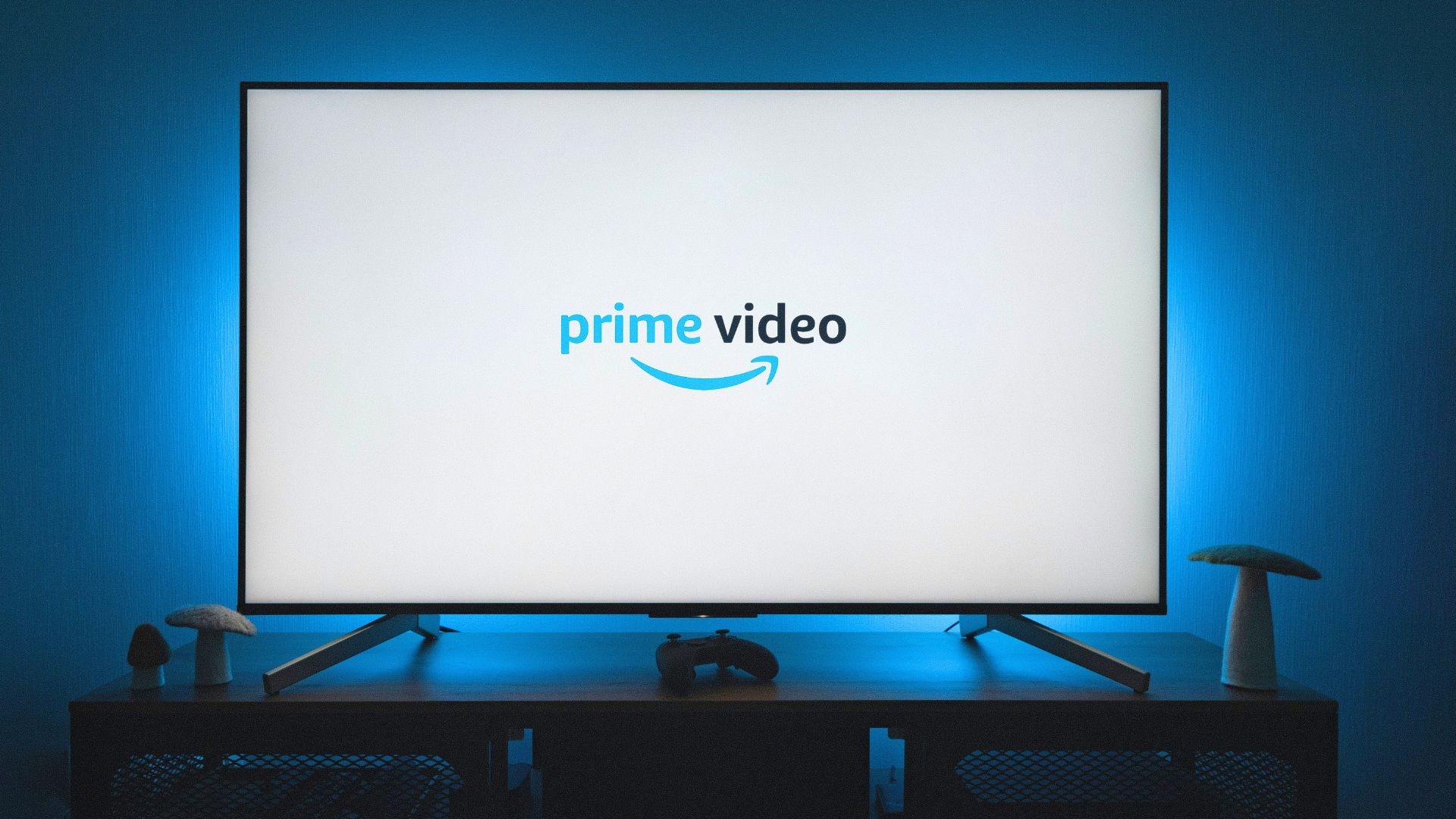In a new proposed class action lawsuit against Amazon [via The Hollywood Reporter], the company has been accused of “bait and switch” (a type of fraudulent activity) on Prime Video. This means they are allegedly misleading consumers into thinking they’ve purchased content when they’re only getting a license to watch, which can be revoked at any time if Amazon loses the rights to a title.
The potential lawsuit claims: “violations of California unfair competition, false advertising and consumer legal remedies laws. It seeks unspecified damages, including disgorgement of profits and punitive damages for allegedly intentionally malicious conduct.” Filed in Washington federal court on August 22 2025, the proposal claims that Amazon is “misrepresenting the nature of movie and TV transactions during the purchase process”.
In case that’s not clear, let’s take the unwatched digital version of Conclave I ‘bought’ on Prime Video so my parents didn’t miss out on this year’s Oscar hype as an example. I have a digital copy, but if Prime Video’s licensing agreements were to change, so too could the version of Conclave I have access to. If Amazon were to no longer have the rights to the title, my parents would lose the movie.
As the complaint points out, “you receive a license to the video and you agree to our terms,” meaning that what you actually get for parting with your money is written in the small print. But should Prime Video be allowed to tell subscribers that they’ve “bought” a movie, and what does this mean for us users in the long run?
Before we go any further, let’s not forget that this isn’t the first lawsuit of this kind Prime Video has had against it. In 2020, a separate lawsuit alleged “unfair competition and false advertising over the practice”. While Amazon has not yet publicly commented on the new class action, it claimed in 2020 that using the word “buy” isn’t deceptive to subscribers because consumers already understand that their purchases is subjective to license agreements. Five years later, and I’d say that likely isn’t the case.
Back in 2023, a Californian legislature brought the problem to the forefront again. Gamers found that their access to The Crew would be stopped after Ubisoft shut down the game’s servers, inspiring the ‘Stop Killing Games’ movement that took aim at publishers destroying previously-bought consumer titles.
However, it’s changes to Californian legislature this year work to our new lawsuit’s advantage. Essentially, a state law has barred the use of the word ‘purchase’ in a transaction unless “it offers unrestricted ownership of the product.” Obviously, our Prime Video small print doesn’t fit into this, and Amazon can hardly afford to lose such a huge profit share as California (if it was its own separate country, California would be the fourth largest economy in the world).
We don’t yet know what any of this means for streamers with a Prime Video subscription on a wider level, but to me, it’s an incredibly stark reminder that we need to keep investing in physical media as much as possible. Yes, it’s more expensive than paying a flat fee every month for all the content you can possibly want. But it’s like dating: if you become more intentional in what you invest in, the results are lifelong.
If you have physical copies of movies and TV shows that you love, you can never be parted from them, and it’s the only way we can now guarantee the security of what we buy. Maybe it’s time for the best streaming services to revert to the good old days of sending us discs in the post to watch and return when we’re done with them, just like Netflix did in the late 2000s.
Read the full article here















